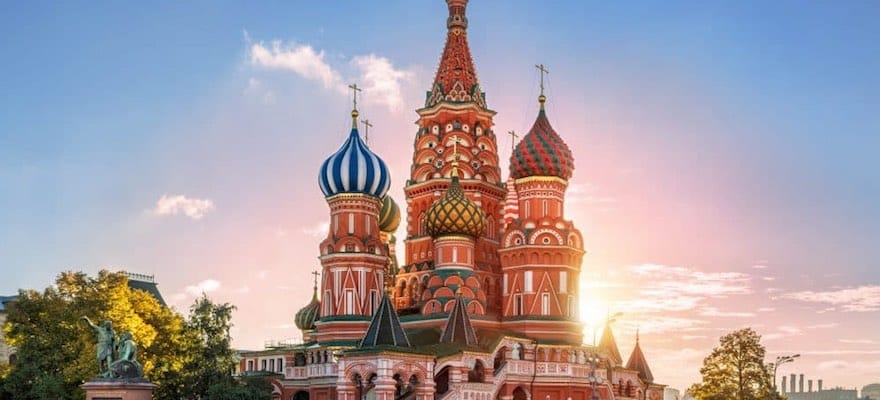Russia’s position as a rather unpredictable player on the world stage has long been reflected in the country’s relationship with cryptocurrency. The dramatic push-pull of whether or not (and to which degree) cryptocurrency will be legalized in Russia is a tale that remains without end. Now, however, Russia seems to have found a new reason to cozy up to its own proposed cryptocurrency, the so-called 'Cryptoruble': the avoidance of international sanctions.
Discover credible partners and premium clients at China’s leading finance event!
“This instrument suits us very well for sensitive activity on behalf of the state. We can settle accounts with our counterparties all over the world with no regard for sanctions,” said Sergei Glazev, an economic advisor to Russian President Vladimir Putin, at a recent meeting.
Glazev did not, however, provide any technical or legal information to backup this claim. Additionally, the Financial Times reported that “it is also unclear whether the cryptoruble would be issued by the Russian central bank or the country’s commercial banks and who would be able to open an account.”
Glazev also advocated for the Cryptoruble as a means of gathering information: “[the Cryptoruble would be] the same ruble, but its circulation would be restricted in a certain way.” In other words, the Russian government would be able to use the currency’s Blockchain to keep track of everything that it is used for.
The Cryptoruble was Originally Introduced in October
The concept of the Cryptoruble was originally made public in October when Russian news source AIF (Argumenty i Fakty) reported that Nikolai Nikiforov, Russia’ minister of communications and mass media, said that a national Russian cryptocurrency was imminent.
At the time, Nikiforov proclaimed: “I so confidently declare that we will launch a crypto for one simple reason: if we do not, then in two months our neighbors in the Eurasian Economic Community will do it.”
Two months have come and gone, and not much has been said about the Cryptoruble since Nikiforov's very confident declaration. There have not been many developments on the part of national Cryptocurrencies , either, although Estonia seems to be moving ahead with the 'Estcoin' (its own proposed cryptocurrency) despite deterrence from European Central Bank President Mario Draghi.
According to Business Insider, the Cryptoruble will not be mined like other cryptocurrencies are, but “issued and tracked just like regular currencies.” It’s unclear exactly how this centralized cryptocurrency will work, given the fact that blockchain technology relies on decentralization for security and transparency.
Russia’s Rather Storied Relationship with Cryptocurrency
Russia’s relationship with cryptocurrency has been interesting, to say the least. In late August, Vladimir Putin’s chief internet advisor Herman Klimenko announced the creation of the Russian Association of Blockchain and Cryptocurrency (RABAC). The association was formed to work with legislators to legitimize cryptocurrencies and to advocate for the integration of blockchain technology into “government and commercial structures.”
Then, following the implication of an initiative to ban the sale of cryptocurrency to “ordinary people” in mid-September, Russia made moves toward banning domestic cryptocurrency exchanges in early October.
Meanwhile, certain regions of the large country have been taking steps to making themselves into attractive venues for large-scale crypto mining operations. The Russian-based BioCoin ICO that launched in early November was the first to operate in full compliance with Russian laws set by RABAC.
Most recently, Coindesk reported that a new set of laws surrounding cryptocurrency in Russia drafted by the Russian Ministry of Finance were submitted for review on December 28.
By some accounts, the Russian government’s attitude toward cryptocurrency softened in 2017. In any case, it’s clear that Russia sees an opportunity for some sort of financial or legal advantage through cryptocurrency. If nothing else, there is little to indicate that 2018 will be any less interesting that 2017.


















